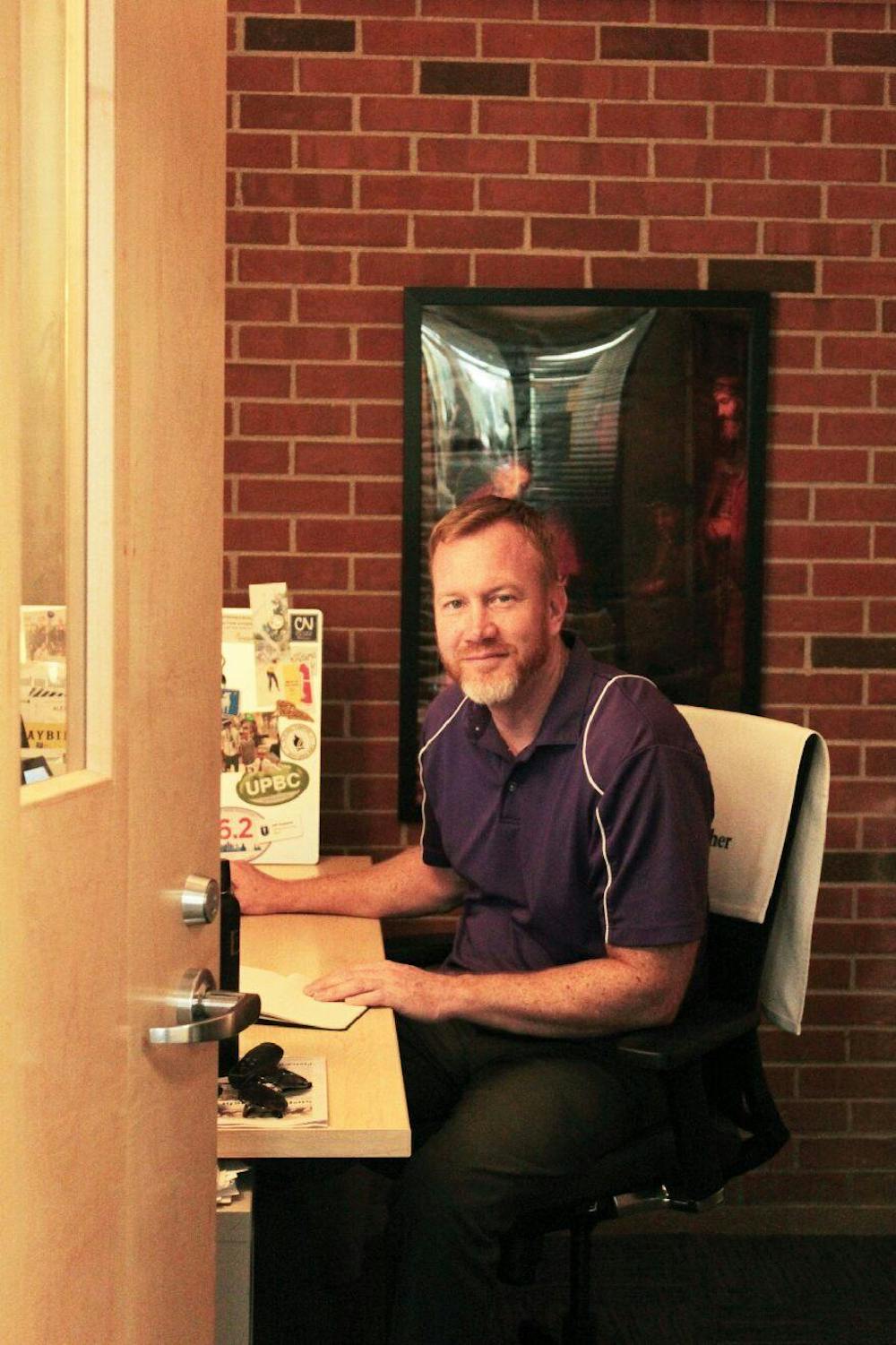“Eat this, I think you would actually like it,” Katheryn Kelley, an assistant professor of psychology, said to her 5-year-old son.
Hopefully, by the time Kelley’s son makes it to college he no longer has to be coaxed by his mother into eating brussel sprouts. But he may have to be reminded of the bigger lesson behind eating the food he doesn't like.
“Vocation is the sum of our life’s response to God’s call,” Jeff Aupperle, dean of Student Success, said.
Identity can be defined similarly. Identity is the totality of who God calls us to be.
Think about the vegetable metaphor again. Why do young children only like a certain, small list of foods?
It’s not because the food on the list is exceptionally yummy — if that were true babies would be asking for gourmet chefs. It’s because the list of food is safe. A child knows what food tastes good, so it's safer to never try anything new and risk a bad taste.
We, in all our grown-up wisdom, of course know better than babies. Trying new food might leave a bad taste in our mouth, but it’s worth trying new cuisine repeatedly just in case it ends up being delicious.
For some reason, students fail to apply this principle to vocation. We choose majors and classes based on what we know we are good at and stick to it. We play it safe.
Scott Gaier, director of the Academic Enrichment Center, however calls us to do more than simply find a major that we are good at. He tells students to learn.
“Learn to love learning,” Gaier said. “Learning is the ability to go out and do something and then transfer it to something else. Take a step back and see how things fit.”
Part of the reason Taylor, along with so many liberal arts colleges, push the foundational core is to help students realize their vocation. It shows them how to take a step back and see how things fit.
But vocation is even more than a major and the classes we take. We would be remiss if we only applied this principle to finding a career. Vocation is our identity, and hopefully identity is more than a future job.
“Theorists in developmental psychology say there are three pillars of identity: worldview, love and work,” Kelley said. “The vast majority of research has emphasized how students find their calling in work. Yet, the other two pillars are still really important for knowing who you are.”
If finding the best career for an individual is done by trying everything, then worldview and love are also found by experiencing as much as life has to offer. This is only accomplished by doing what isn’t safe and might be risky.
Aupperle has seen this principle a multitude of times in his position at the Calling and Career Office.
“The students who I have noticed leave Taylor with more clarity about who they are and what they want to do, are the students that I think tried things outside of what was their naturally programmed schedule,” Aupperle said.
Take journalism classes as a history major; don’t worry about the GPA. Leave the comfort of home and go to Mexico for a mission trip. The missionaries will probably be more impacted than the people served. Learn a hobby that looks weird; some new friends might come with it.
And maybe, try a new food — it might be delicious.





